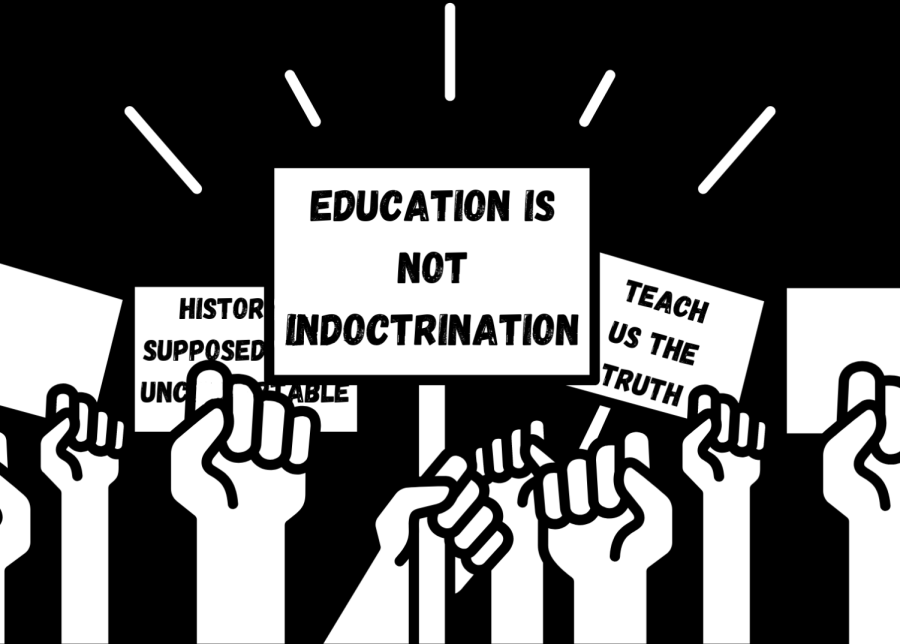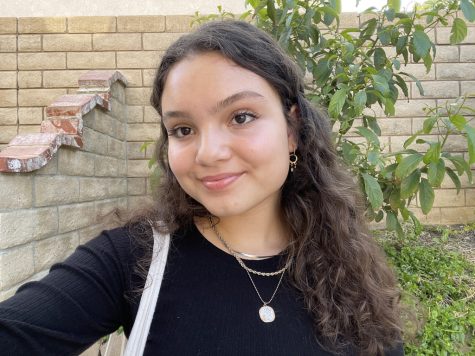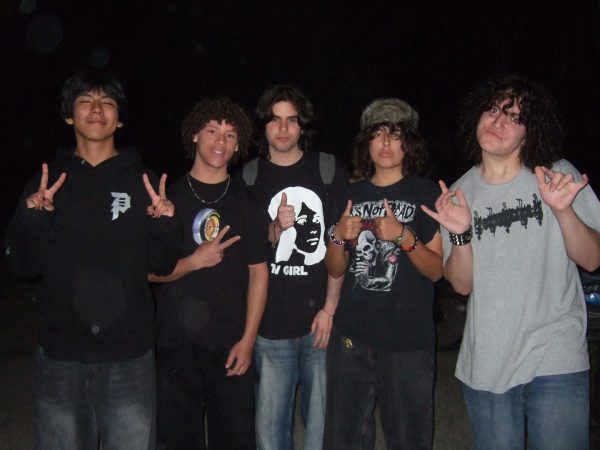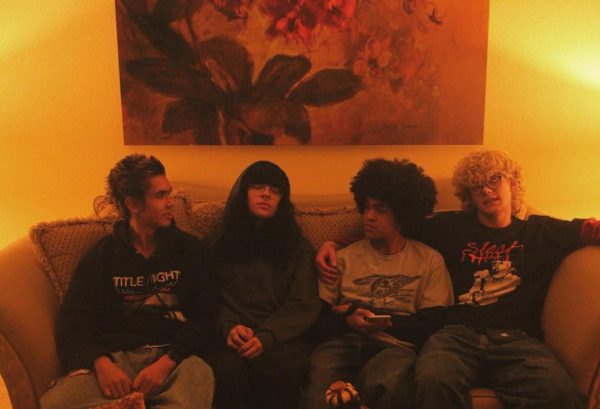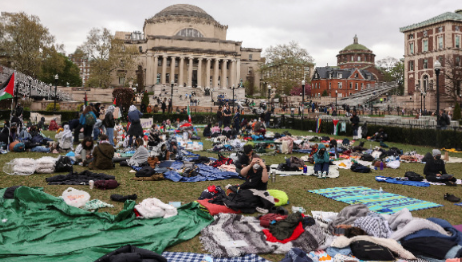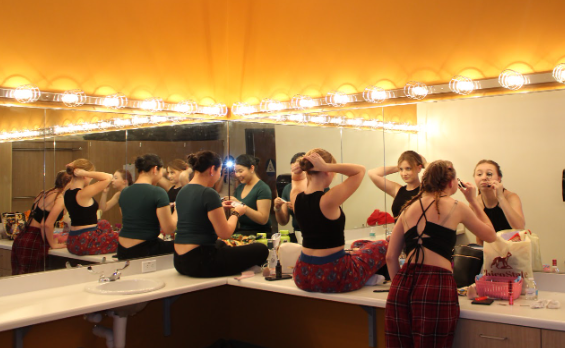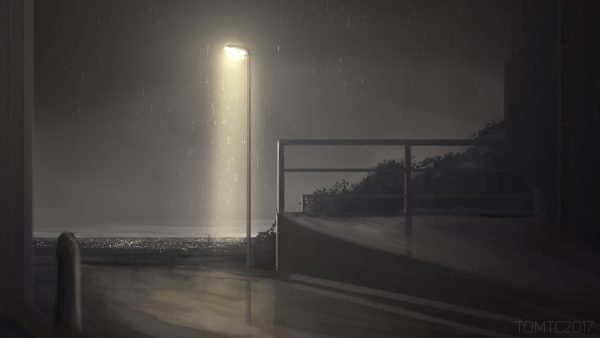Castaic Students Speak Up Against AP African American Studies Ban in Florida
The ban of AP African American Studies in Florida has sparked several protests against educational censorship, each with common themes of prohibiting the stifling of critical conversation about race and history.
March 10, 2023
The College Board released its new AP African American pilot course in early January, garnering instant pushback over its content.
The College Board has been developing the course for the past decade, and this school year the pilot was launched in 60 schools nationwide. Their mission is to make the course completely available in the 2024-2025 school year.
On Jan. 12, Florida Governor Ron DeSantis’ Department of Education (DOE) rejected the course in a letter sent to College Board. The unaddressed letter stated that it would not be adding the course to the state’s course directory.
“As presented, the content of this course is inexplicably contrary to Florida law and significantly lacks educational value,” the FDOE announced in the letter. “In the future, should the College Board be willing to come back to the table with lawful, historically accurate content, FDOE will always be willing to reopen the discussion.”
The letter did not explicitly state which law the course violated, nor the questionable content in the curriculum. The FDOE has not released further details. However, DeSantis’ press secretary, Bryan Griffin, released to CNN that the course “leaves large, ambiguous gaps that can be filled with additional ideological material, which we will not allow.”
On Feb. 8, the College Board sent a letter to the FDOE, clarifying that they have “never received written feedback from the Florida Department of Education specifying how the course violates Florida law, despite repeated requests.”
According to the letter, the only form of specification released by the FDOE was through a Tweet sent on Jan. 20 by Florida’s Commissioner of Education, Manny Diaz Jr. In the Tweet, he outlined questionable topics in the curriculum, along with a statement claiming “Florida rejected an AP course filled with Critical Race Theory and other obvious violations of Florida law” and “We do not accept woke indoctrination masquerading as education.”
College Board responded to the Tweet in the Feb. 8 letter, stating that four of the six course complaints were not present in the pilot course they provided the FDOE in July 2022.
The letter also refuted any arguments made against the College Board that the course curriculum contained historically inaccurate content.
On Feb. 1, weeks after the Florida decision, the College Board released the official course outline. The official outline lacks certain topics the FDOE had criticized in the pilot course.
Once again, the College Board refuted any claims stating they made revisions at the behest of the FDOE.
“We reject any claim that our work either indoctrinates students or, on the other hand, has bowed to political pressure,” said Kerry Haynie, the Dean of social sciences at Duke University, in a statement issued by College Board on Feb. 1.
The College Board explained in the Feb. 8 letter that the AP pilot process is designed to limit the course content to be appropriate for one academic year. After their first pilot year, revisions included reducing the number of topics in the course framework by 20%, and this included units covering intersectionality and activism, Black feminist literary thought, and Black Queer Studies.
The College Board also shifted the course’s exploration of the Black Lives Matter movements to a sample course project, rather than required course content.
Additionally, in response to a New York Times article arguing that the College Board conformed to the FDOE’s remarks, the College Board released a statement refuting claims that Black feminism and the gay Black experience were purged from the course, highlighting notable examples from the curriculum that prove otherwise. They also assured that they have time-stamped records of the curriculum revisions from Dec. 22, 2022.
“The fact of the matter is that this landmark course has been shaped over years by the most eminent scholars in the field, not political influence,” the College Board announced in the same statement.
While any statement released by the FDOE explaining the course ban does not explicitly state how the course violates any standards, the statements allude to DeSantis’ Stop WOKE Act — a law signed by DeSantis in 2022 that essentially prohibits instruction of critical race theory. The purpose of the act is to avoid the possibility of a student believing that a person’s status as either privileged or oppressed is dictated by their “race, color, national origin, or sex.” Last year, the act was banned by a federal judge but still applies to public schools. As Diaz mentioned in his Jan. 20 Tweet, the teaching of critical race theory in the course was among the reasons for rejection.
Florida has curated an extensive track record of educational censorship, especially in the past couple of years, including the Parental Rights in Education Act (commonly known as the Don’t Say Gay Bill), the Stop WOKE Act, and now, the banning of AP African American Studies.
Repeated Acts banning the instruction of race and diversity have constructed a climate of tension between the Florida Government and the state’s students and teachers.
Jaden Walter, a senior at the Robert Morgan Educational Center in southwest Miami-Dade taking the pilot AP African American Studies course, learned second semester that the course was canceled, and he along with the two dozen other students enrolled in the pilot course had to switch to Honors African American History mid-semester.
Walter, a 17-year-old African American student, said the course made him feel more involved in his own history.
“The class didn’t make me feel a different way or change how I see different cultures or white people,” said Walter in an interview with the Miami Herald. “It just made me feel that African Americans also had an impact. It doesn’t have to bring their side down. It just brings our side up, too.”
Walter’s views fundamentally contrast with those of the Florida government who, through the Stop WOKE Act, banned the teaching of critical race theory to prevent admonishing white people for being oppressors and classifying Black people as victims.
Not only does the banning of the course directly impact Florida students’ education, but it amplifies a negative message upon African Americans nationwide.
Isiuwa Aimiuwu, Castaic High’s student body president and BSUA founder and president, spoke up about the effects of the FDOE decision.
“When I see courses like AP African American history being banned it says to me that only the history and experiences of certain people in this country are worthy to be examined. I believe it’s rooted in hate and honestly, it’s really sad and frightening that enough people are in agreement that these laws have passed.”
Others, like Lindsey Nguegang, an African American student at CHS, view Florida’s rejection of the course as a mere manifestation of a historical precedent marginalizing African Americans.
“I’m not surprised, it’s kinda something that throughout my life I’ve grown used to,” she said.
Nguegang’s unfazed response to the FDOE’s decision is a reflection of the country’s ignorance towards racial justice awareness. The suppression of Black voices and stories and critical race theory is nothing new. In fact, as of March 23, 2022, 35 states have proposed or passed a law banning critical race theory.
“The banning of discussions surrounding race, diversity, and systemic racism is counterproductive and does nothing to move us forward as a country,” said Aimiuwu. And many would agree.
Valanna White, a Black history teacher in Cleveland, Tennessee, has been forced to work around Tennessee’s ban against critical race theory discussions in the classroom that was passed in 2021.
“I can’t talk about the civil rights movement without talking about Bloody Sunday and the premise behind Bloody Sunday, the premise behind voter suppression,” said White. Not only will accurately recounting significant moments in American history be tricky as White is teaching to a predominantly white class of students, but professionally risky. I’m not surprised, it’s kinda something that throughout my life I’ve grown used to. — Lindsey Nguegang
“School is about learning and exposure and sometimes the things that need to be exposed aren’t pleasant or easy to examine,” added Aimiuwu. “That doesn’t mean we shouldn’t have potentially difficult discussions because, at the end of them, we gain new perspectives that lead to understanding between groups.”
Pushback against the FDOE’s decision has also extended to national organizations.
The NAACP released a statement just over a week after the FDOE sent a letter rejecting the course, stating that DeSantis’ decision was not only a “dereliction of his duty” as a state governor to advocate and ensure equitable educational resources for all students, but “shows a clear disdain for the lives and experiences that form part of our natural history,” highlighting the ignorance that plagues the FDOE’s decision.
“What opponents of CRT are referring to is history, plain and simple. Black history. American history,” remarked Aimiuwu. The ban on AP African American Studies is a mere tide amidst a wave of educational censorship nationwide.

